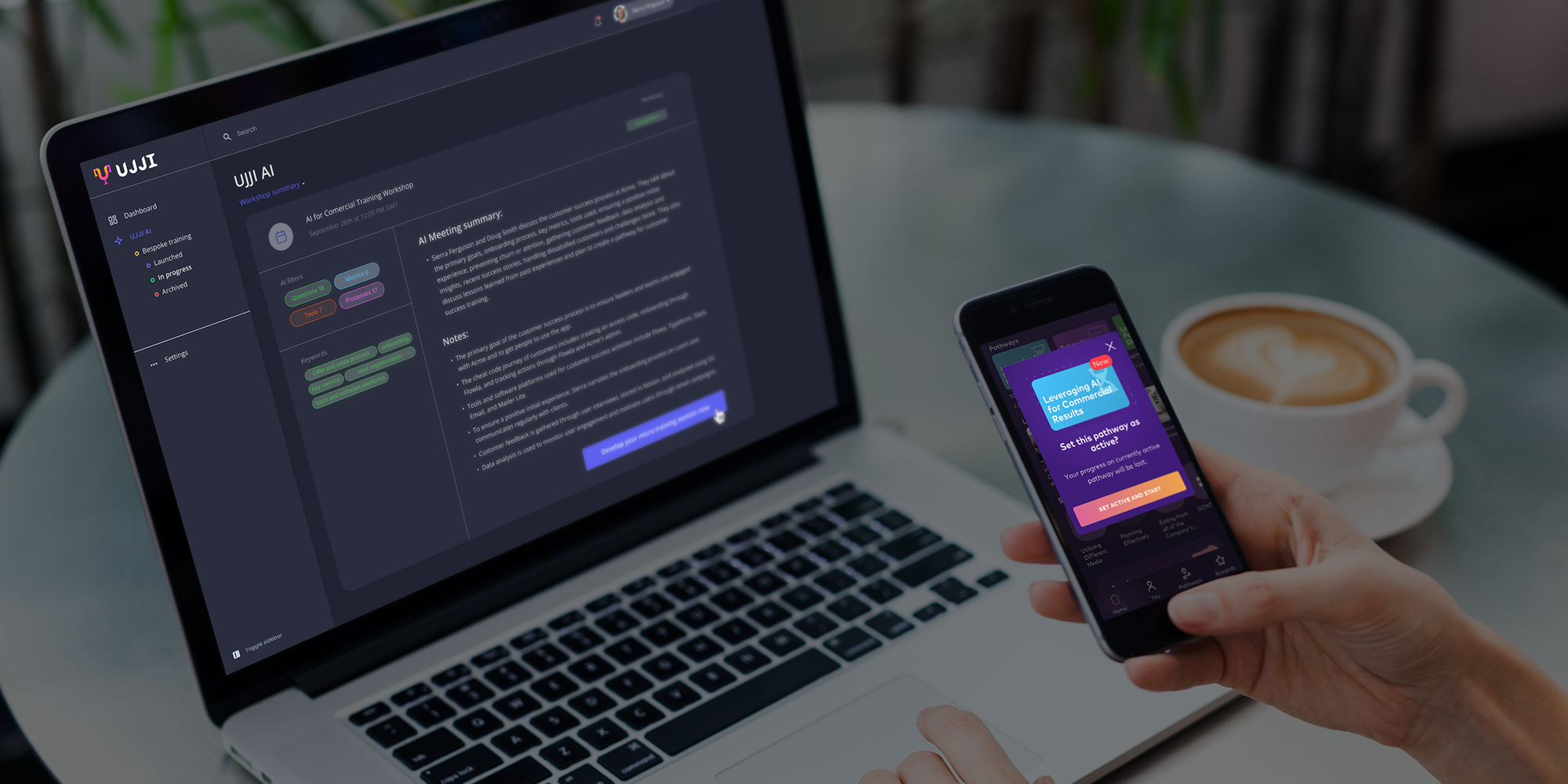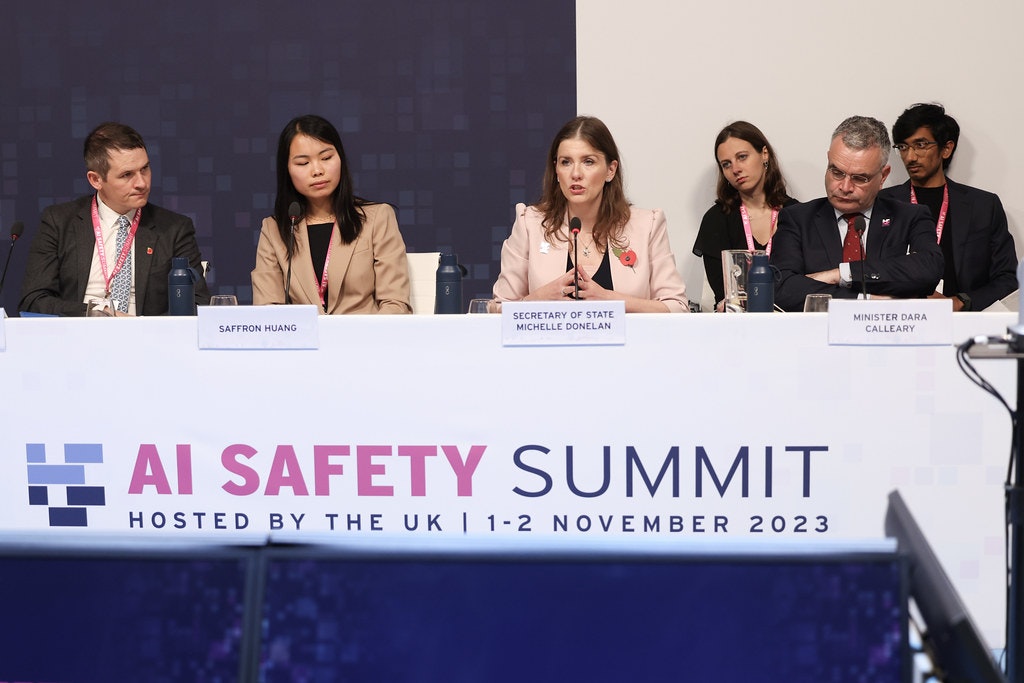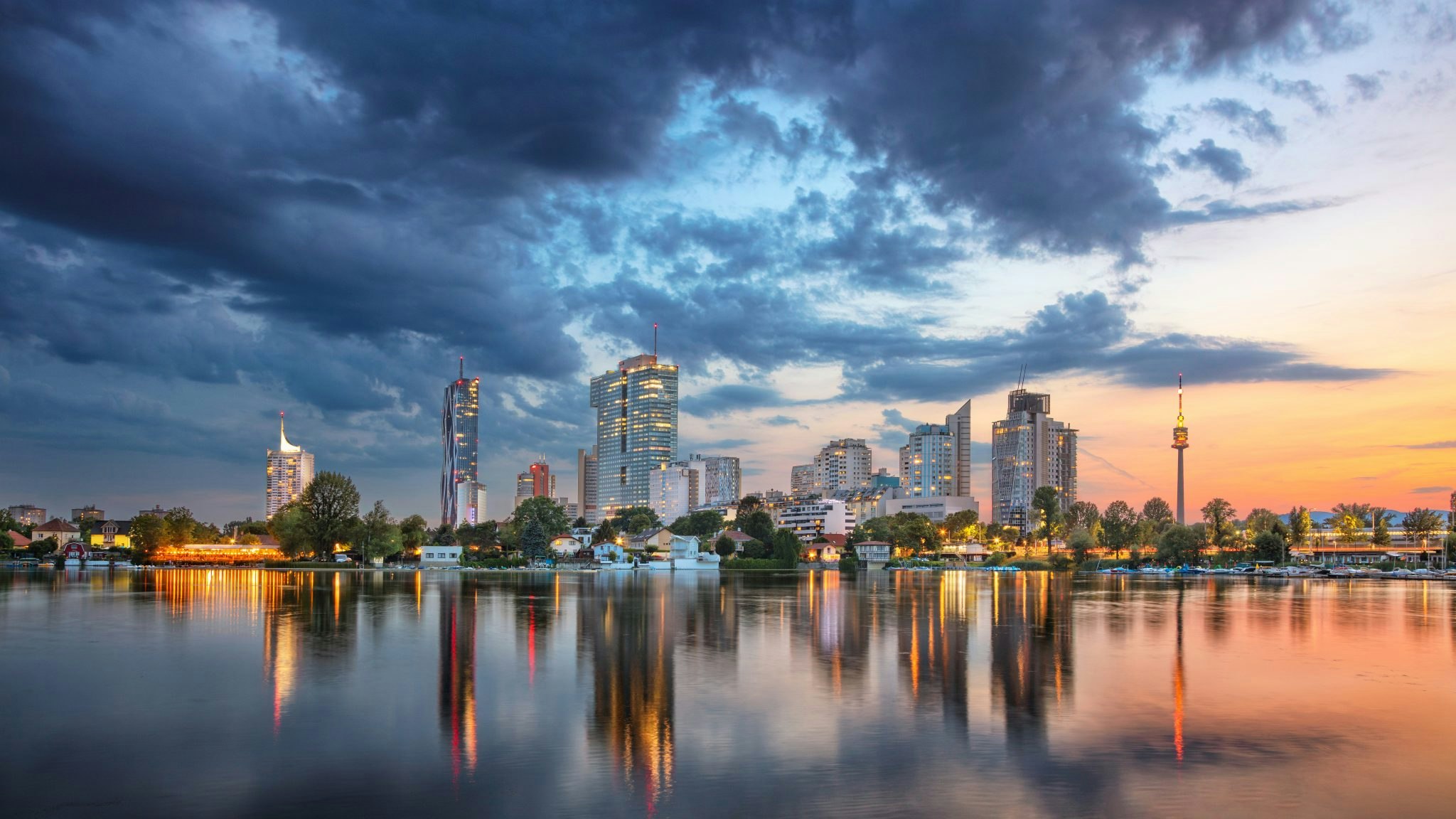The London tech crowd is all a chatter this morning about the news that DeepMind’s Mustafa Suleyman has been placed on leave.
The big - and as yet unanswered - question is whether this unexpected move signals a rift between the parent company Google and the London-based AI powerhouse it bought in 2014.
Suleyman, who helped found DeepMind alongside his childhood friend Demis Hassabis in 2010, is a thoughtful, plain-speaking and flamboyant character who has often acted as the company’s public face (podcast here). He runs DeepMind’s applied division, which uses machine learning to solve real-world problems in areas, such as health and energy.
Bloomberg broke the story last night. A spokesperson for DeepMind confirmed the story and told Sifted: “Mustafa is taking time out right now after 10 hectic years.”
While DeepMind attempted to play down rumours of turmoil at the top of the company, the curious wording of the story prompted speculation about tensions between Google and DeepMind over how to commercialise AI.
The FT recently reported that DeepMind’s losses rose 55% to £470m last year as Google continued to pour money into AI research. Google has increasingly been looking at ways to make money out of DeepMind pioneering research.
Last November, Google announced it would absorb DeepMind’s 100-person healthcare arm into the parent company’s health business. This followed controversy over DeepMind’s use of health data during a partnership with the Royal Free Hospital.
The pure research arm of DeepMind contains one of the biggest concentrations of AI talent on the planet dedicated to pursuing artificial general intelligence. “Our mission should be one of the most fascinating journeys in science,” Hassabis told Wired magazine. “We’re trying to build a cathedral to scientific endeavour.”
The success in 2016 of DeepMind’s AlphaGo in defeating Lee Sedol, one of the strongest Go players in the world, generated huge publicity - and a good film. It also placed London firmly on the map as one of the leading research centres for AI.


